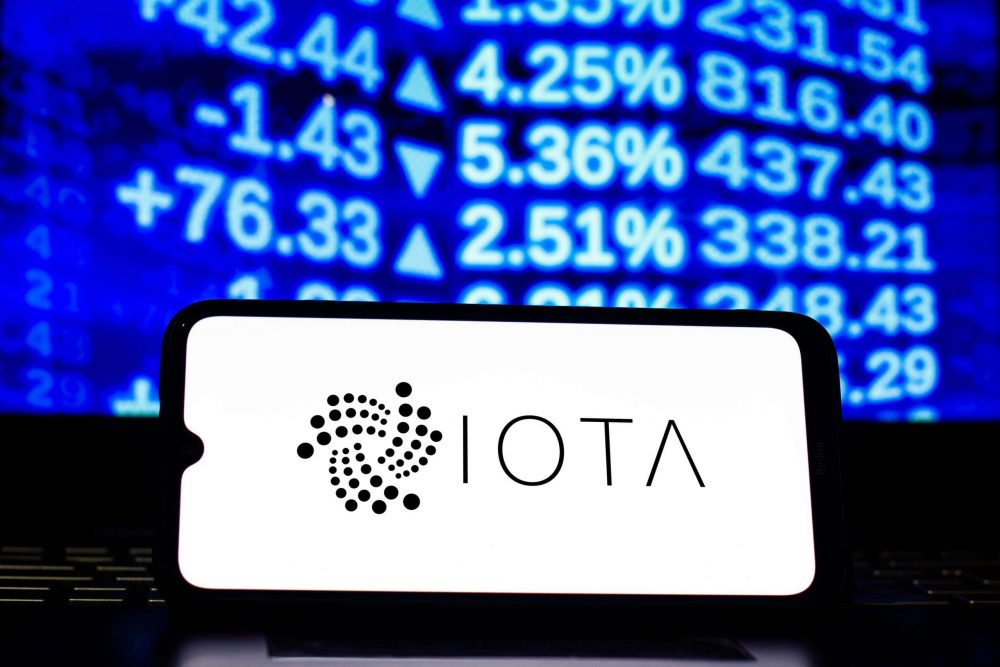Table of Contents
The global financial ecosystem stands at the cusp of a transformative era, driven by rapid technological advancements, shifting regulatory landscapes, and an increasing emphasis on sustainability and ethical investing. As traditional financial institutions grapple with the demands of the digital age, fintech startups are emerging as frontrunners, leveraging blockchain, artificial intelligence, and mobile technologies to redefine the boundaries of financial services. This dynamic interplay between innovation and regulation, against the backdrop of global economic shifts, promises to reshape the financial landscape in profound ways.
Understanding these changes is not just an academic exercise; it’s crucial for investors, policymakers, businesses, and consumers who navigate these waters daily. The future of the global financial ecosystem is not a distant reality but an unfolding present, where decisions made today will ripple through decades. This article explores the driving forces behind these changes, the challenges and opportunities they present, and how stakeholders can prepare for what lies ahead. By examining the intersection of technology, regulation, sustainability, and global integration, we can glimpse the contours of the future financial world – a world that is more interconnected, efficient, and, potentially, more equitable than ever before.
Technological Innovations
Blockchain and Cryptocurrencies: At the forefront of financial innovation, blockchain technology offers unprecedented security and transparency, challenging conventional banking and payment systems. Cryptocurrencies, powered by blockchain, are not just digital currencies but represent a new paradigm for decentralized finance (DeFi), offering a glimpse into a future where financial transactions are peer-to-peer, without the need for traditional intermediaries. This shift promises greater efficiency and inclusion but also poses significant regulatory and stability challenges.
Artificial Intelligence (AI) and Machine Learning (ML) in Financial Services: AI and ML are revolutionizing the way financial institutions operate, from algorithmic trading and risk management to personalized banking services and fraud detection. These technologies enable the analysis of vast datasets, improving decision-making and customer experiences. However, they also raise questions about data privacy, algorithmic bias, and the future role of humans in finance.
Mobile Banking and Payment Advancements: The proliferation of smartphones has made mobile banking and payments a ubiquitous part of daily life for billions globally. This trend is democratizing access to financial services, particularly in developing countries, and pushing traditional banks to innovate. As mobile platforms become the primary interface for financial transactions, ensuring security, usability, and accessibility will be paramount.
Regulatory Changes and Challenges
The global financial ecosystem is not just shaped by technology but also by the regulatory frameworks that govern it. Recent years have seen a push towards stricter regulations to ensure financial stability, protect consumers, and combat fraud and money laundering. The European Union’s General Data Protection Regulation (GDPR) and the Payment Services Directive (PSD2) are prime examples, aiming to enhance privacy and payment security.
Global regulatory trends are increasingly focusing on the harmonization of standards to facilitate cross-border transactions and reduce financial crimes. However, the pace of technological innovation often outstrips regulatory adaptations, creating a gap that can be exploited by malicious actors or lead to regulatory arbitrage.
Data protection and privacy are becoming central issues, as financial services rely more on personal data for personalized offerings and risk assessment. Balancing the benefits of these innovations against the need for privacy and data security presents a significant challenge for regulators and institutions alike.
Continuing in the next part, we will delve into sustainability and social responsibility, emerging markets, and the global integration’s role in shaping the future of the global financial ecosystem.
Sustainability and Social Responsibility
The integration of Environmental, Social, and Governance (ESG) criteria into investment strategies signifies a paradigm shift in the global financial ecosystem. Investors and consumers are increasingly prioritizing sustainability and ethical considerations in their financial decisions, driving demand for green bonds, sustainable assets, and ESG-focused funds. This trend not only reflects a growing awareness of global challenges such as climate change and social inequality but also recognizes the long-term value and stability that sustainable practices can bring to the financial sector.
ESG Investing Trends: The surge in ESG investing is reshaping asset management and banking, with institutions developing green finance initiatives and sustainability-linked loans. This shift is supported by evidence that ESG investments often match or exceed the performance of traditional investments, challenging the notion that ethical considerations come at the expense of returns.
Impact of Financial Decisions on Sustainability: Financial institutions play a crucial role in the transition to a more sustainable economy. By directing capital towards sustainable businesses and projects, they can accelerate innovations in renewable energy, sustainable agriculture, and clean technology. However, this also requires robust frameworks for measuring and reporting on sustainability impacts, to ensure transparency and accountability.
Socially Responsible Investing (SRI): Beyond ESG, SRI involves actively excluding investments in companies or industries that contradict certain ethical values, such as tobacco, firearms, or fossil fuels. As SRI strategies become more sophisticated, they offer pathways for investors to align their financial goals with their ethical convictions, potentially driving broader social and environmental change.
Emerging Markets and Global Integration
Emerging markets are increasingly significant players in the global financial ecosystem, offering growth opportunities that are often unparalleled in more developed markets. As these economies grow, their financial markets become more sophisticated, attracting foreign investment and integrating them further into the global financial system. However, this integration comes with challenges, including vulnerability to global economic fluctuations and the need for robust regulatory frameworks to ensure stability and investor protection.
Role of Emerging Markets: The rise of financial technology in emerging markets, particularly mobile banking and digital payment systems, is leapfrogging traditional banking infrastructure, providing unprecedented access to financial services. This not only fosters economic growth within these countries but also contributes to global financial innovation.
Challenges and Opportunities for Integration: Integrating emerging markets into the global financial ecosystem requires navigating issues such as currency volatility, political instability, and differing regulatory standards. However, these challenges are balanced by the potential for significant returns and the opportunity to contribute to global economic development. International cooperation and investment in financial infrastructure and literacy are key to harnessing the full potential of emerging markets.
Conclusion and Future Outlook
The future of the global financial ecosystem is being shaped by a confluence of technological innovations, regulatory changes, and a shifting emphasis towards sustainability and social responsibility. As blockchain, AI, and mobile technologies redefine what is possible, regulatory frameworks must evolve to ensure stability, protect consumers, and foster innovation. At the same time, the growing influence of ESG and SRI highlights the financial sector’s role in addressing global challenges.
Looking ahead, the continued integration of emerging markets, the pursuit of sustainable investment strategies, and the adoption of cutting-edge technologies will drive the evolution of the global financial ecosystem. For stakeholders, the future holds both challenges and opportunities, demanding adaptability, foresight, and a commitment to ethical principles.
As we navigate this changing landscape, the decisions made by investors, businesses, regulators, and consumers will collectively shape the trajectory of the global financial ecosystem. Embracing innovation while upholding the values of sustainability and social responsibility will be paramount in building a more inclusive, efficient, and resilient financial future.
This exploration provides a snapshot of the dynamic forces at play in the global financial ecosystem, offering insights into the trends that will define the future of finance. As we stand on the brink of this new era, the potential for positive change is immense, provided we navigate the transition with wisdom, integrity, and a vision for a better world.
- Michaël van de Poppe: Bitcoin to Hit $500,000 This Cycle? 🚀💸 Or Just Another Crypto Fairy Tale? - December 21, 2024
- What is the Meme Coin Bonk, Price Predictions 2025–2030, and Why Invest in BONK? - December 18, 2024
- BNB Price Analysis: 17/12/2024 – To the Moon or Stuck on a Layover? - December 17, 2024
























